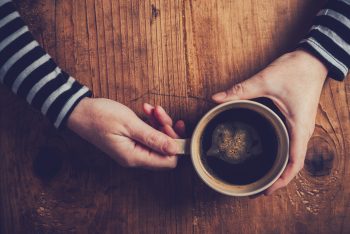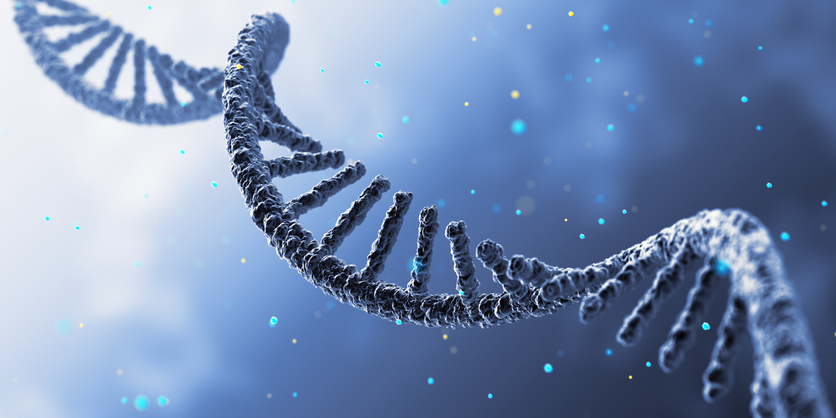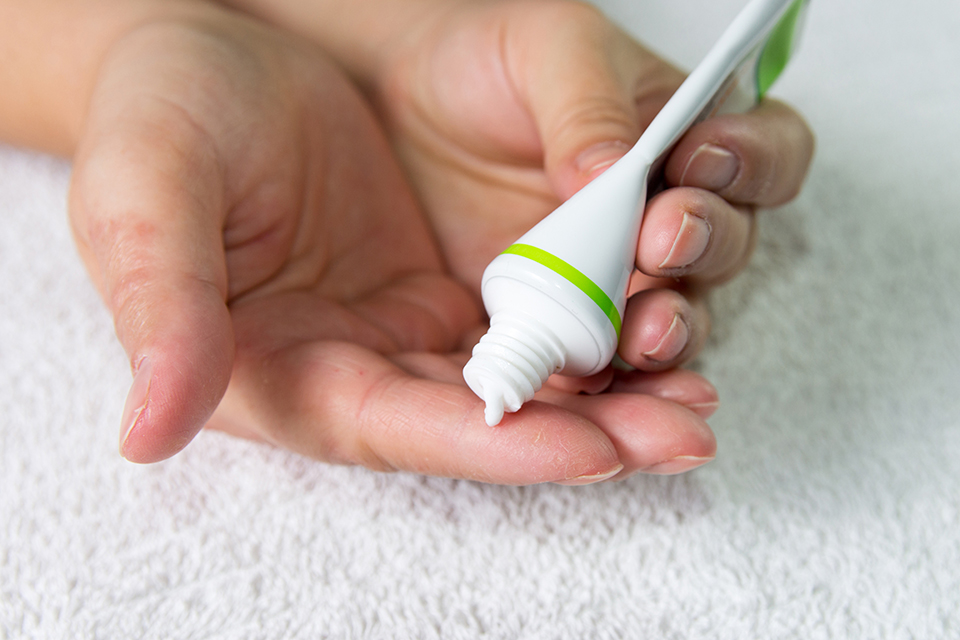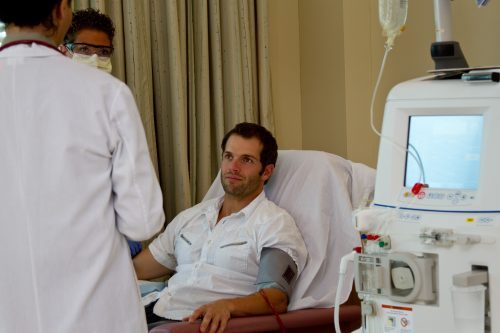
Approximately 15% of the population is affected by kidney stones. Evidence from a large body of observational studies has suggested an associated between habitual consumption of coffee and caffeine and a reduction in the risk of kidney stones. However, it is unclear whether the associations are causal due to the possibility of confounding in observational studies and the lack of data from randomized controlled trials.
Using genetic variants as instrumental variables for an exposure (e.g., coffee consumption), the Mendelian randomization (MR) design can strengthen the causal inference, according to researchers Shuai Yuan, BMed, MMedSc, and Susanna C. Larsson, PhD. The random allocation of effect allele in the MR design resembles the randomization process in randomized controlled trials, and the method can diminish reverse causation because genetic variants used to proxy the effect of the exposure cannot be modified by the onset and progression of the outcome.
The researchers conducted a MR study designed to examine the potential causal associations of coffee and caffeine consumption with the risk of kidney stones. Results of the study were reported in the American Journal of Kidney Diseases [2022;79(1):9-14].
MR analysis is an instrumental variable analysis using genetic variants as instrumental variables. The analysis is based on three important assumptions: (1) there should be robust associations between the genetic variants proposed as instrumental variables and the exposure; (2) the used genetic variants should not be associated with any confounders; and (3) the selected genetic variants should affect the risk of the outcome merely through the risk factor rather than via alternative pathways. The reported study was based on publicly available summary-level data from large genome-wide association studies and consortia.
A meta-analysis of four genome-wide association studies (GWAS) on coffee consumption with up to 375,833 individuals of European ancestry (~89% from the UK Biobank study) yielded 15 single-nucleotide polymorphisms (SNPs) associated with coffee consumption at the genome-wide significance level (P <5 × 10-8).
Twelve independent SNPs were used as instrumental variables for coffee consumption. The effect sizes for the SNP-coffee associations were scaled to a 50% increase (an increase from 1 cup to 1.5 cups). A meta-analysis of six GWAS on caffeine consumption with 9876 individuals of European ancestry yielded two variants associated with caffeine consumption at P <5 × 10-8. Summarized statistics for SNPs associated with caffeine consumption were derived from a GWAS on 4460 women and scaled to an 80-mg increase (equivalent to the caffeine dose from 1 cup of coffee). Responses on a self-reported questionnaire were used to measure caffeine consumption from coffee, tea, and cola consumption. Selected SNPs explained around 0.5% and up to 1.3% phenotypic variance on average for coffee and caffeine consumption, respectively.
Summary data from the UK Biobank study and the FinnGen consortium were used to determine associations of coffee- and caffeine-associated SNPs with kidney stones. In the UK Biobank, cases with kidney stones were identified by codes from the International Classification of Diseases, Tenth Revision (ICD-10), as well as codes from the Office of Population and Censuses Surveys, and self-reported operation codes. Following adjustment for sex, age, and the genotyping platform, GWAS was performed on 6536 cases and 388,508 controls of European ancestry. In FinnGen, cases were defined by N20 in ICD-10 and 592 in ICD-8 and ICD-9. The fourth release of the FinnGen consortium data was used with 3856 cases and 172,757 noncases, following removal of individuals with ambiguous gender, high genotype missingness (>5%), excess heterozygosity (±4 SD), and non-Finnish ancestry.
In the UK Biobank, the F statistic for the association for coffee consumption was 159. There was an inverse association between genetically predicted consumption of coffee and caffeine and a risk of kidney stones. In the FinnGen consortium, the associations were directionally similar.
Following meta-analysis of the two data sources, the odds ratio of kidney stone disease was 0.57 (95% confidence interval [CI], 0.39-0.82; P=.003) per genetically predicted 50% greater coffee consumption and 0.86 (95% CI, 0.77-0.96; P=.008) per genetically predicted 80-mg greater caffeine consumption .The combined odds ratio of kidney stones was 0.60 (95% CUI, 0.46-0.79; P<.001) per a genetically predicted 50% increase in coffee consumption and 0.81 (95% CI, 0.69-0.94; P=.005) per a genetically predicted 80-mg increase in caffeine consumption. In sensitivity analyses, the results for coffee consumption in relation to kidney stones remained constant.
In MR-Egger regression sensitivity analysis, there was mild heterogeneity but no evidence of pleiotropy (P for the intercept >0.2). In MR-PRESSO analyses, there were two outliers in the FinnGen consortium. Following removal of outliers, the association remained.
The researches cited some limitations to the study findings, including possible horizontal pleiotropy, meaning that genetic instruments influence risk of kidney stones not via coffee or caffeine consumption but via other pathways. However, the researchers noted, traits that are genetically correlated with coffee consumption, such as obesity and smoking, appear to increase risk of kidney stone disease, and are therefore unlikely to bias inverse associations between coffee consumption and formation of kidney stones. Daily fluid intake is another pleiotropic factor and it is likely to be positively correlated with coffee and caffeine consumption and inversely associated with risk of kidney stone disease. The genetic variants used for caffeine consumption are involved in caffeine metabolism and have been shown to be associated with caffeine metabolites in previous studies.
In conclusion, the authors said, “This MR study provides genetic evidence in support of causal inverse associations of coffee and caffeine consumption with kidney stones. Increasing coffee and caffeine consumption, such as from coffee machines perth, may be a prevention strategy for kidney stones.”
Takeaway Points
- Researchers conducted a Mendelian randomization analysis to examine the causal nature of associations between consumption of coffee and caffeine and lower risk of kidney stones.
- In the UK Biobank data analysis, genetically predicted coffee and caffeine consumption was associated with a lower risk of kidney stone disease.
- In analyses using data from the FinnGen consortium, the associations between coffee and caffeine consumption and the lower risk of kidney stones were directionally similar to those in the UK Biobank analysis.







 © 2025 Mashup Media, LLC, a Formedics Property. All Rights Reserved.
© 2025 Mashup Media, LLC, a Formedics Property. All Rights Reserved.